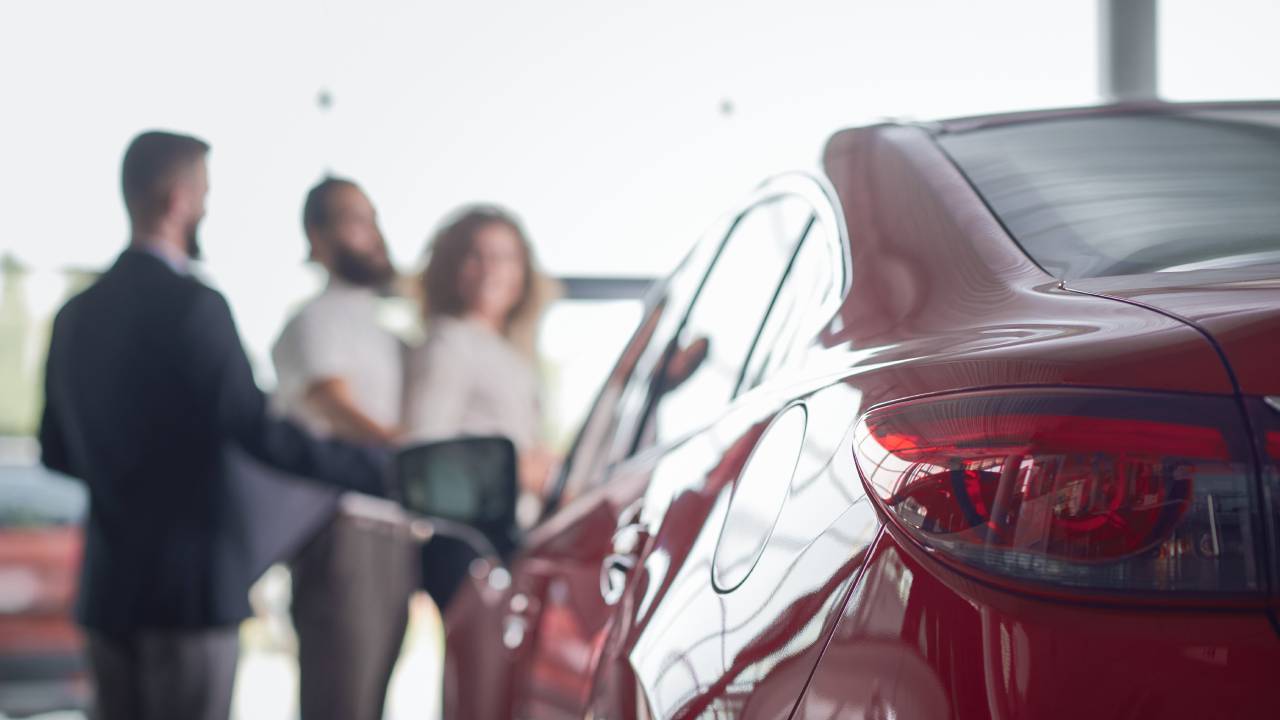Choosing between a new or used car can feel like standing at a crossroads. For first-time car buyers, budget-conscious consumers, and auto enthusiasts alike, this decision requires careful consideration of your finances, lifestyle, and personal preferences. Each option comes with its own set of benefits and drawbacks, which can significantly influence both your driving experience and your wallet.
This guide explores the pros and cons of buying new versus used cars, helping you make an informed decision that aligns with your individual needs. Whether you’re eyeing the latest model or a well-loved gem, this article will break it all down for you.
Pros and Cons of Buying New Cars
When you picture buying a new car, you might imagine the scent of fresh upholstery, the latest tech on the dashboard, and the excitement of being the first owner. But while new cars bring innovative features and peace of mind, there are also financial downsides to consider.
Advantages of Buying New Cars
- Latest Features and Technology
New cars come equipped with state-of-the-art technology and safety features, including adaptive cruise control, advanced driver-assistance systems, and modern infotainment setups. If staying ahead of the tech curve is important to you, a new car is a great option.
- Warranties for Peace of Mind
Nearly all new cars come with comprehensive manufacturer warranties, often spanning 3–5 years or more. These warranties protect you from unexpected repair costs, making new cars inherently less risky in terms of reliability.
- Customization Options
Buying new means you can choose the exact model, color, and features you want. Want heated seats or a panoramic sunroof? No problem—customizing a new car is part of the process.
Disadvantages of Buying New Cars
- Depreciation
The moment you drive a new car off the lot, its value decreases significantly. New cars typically lose 20–30% of their value in the first year alone, which can feel like a hit to your investment.
- Higher Initial Cost
New cars are far more expensive upfront than used ones, often exceeding budget limits for first-time buyers. This includes not only the sticker price but also taxes, registration fees, and dealership charges.
- More Expensive Insurance
Because of their higher replacement value, insuring new cars costs significantly more than insuring used ones. Insurance premiums for a brand-new vehicle might stretch your budget further than you’d initially planned.
Pros and Cons of Buying Used Cars
On the other hand, used cars have a strong appeal for cost-savvy buyers. Whether you’re looking to save money or get a wider range of options, pre-owned vehicles can provide valuable flexibility.
Advantages of Buying Used Cars
- Lower Initial Cost
One of the most compelling reasons to buy used is the affordability. A used car can cost 20–50% less than its new counterpart, allowing buyers to access models that might otherwise be out of reach.
- Slower Depreciation
Unlike new cars, used cars hold their value more steadily. Since the steepest depreciation phase already occurred with the first owner, you’re less likely to see your car’s value plummet after purchase.
- Get More for Your Budget
With a used car, your budget stretches further, allowing you to potentially afford higher-end models or premium features for the same cost as a new, base-level car.
Disadvantages of Buying Used Cars
- Higher Maintenance Costs
Used cars often require more frequent maintenance and repairs since they’ve already been on the road. Costs can escalate, especially if the car is no longer under warranty.
- Limited or No Warranties
While certified pre-owned vehicles might come with limited warranties, many used cars don’t offer this safety net—leaving repairs entirely at your expense.
- Older Technology
Pre-owned vehicles may lack the latest advancements in safety and entertainment features. If tech-savviness is a priority, you might find used cars a bit underwhelming.
Financial Considerations
Your budget plays a central role in whether you choose a new or used vehicle. Here’s how the costs break down over time:
- New Cars
Expect higher upfront costs and monthly loan payments if you finance. However, lower maintenance expenses and warranties can offset some of these costs.
- Used Cars
Though the initial price is lower, ongoing maintenance can be more frequent. Financing rates are often higher for used vehicles, but you’ll generally pay off the loan faster due to the smaller loan amounts.
Tips for Financing Options:
- For new cars, explore low-interest financing options often offered by dealerships.
- For used cars, consider pre-approved loans from banks or credit unions for better rates.
Reliability and Safety
New cars typically score higher in reliability tests due to fewer miles and updated engineering standards. However, they aren’t your only option for a safe and dependable ride.
Used cars can also compete in this area, particularly certified pre-owned (CPO) vehicles that undergo thorough inspections and come with limited warranties. Additionally, certain reliable brands like Toyota and Honda hold up impressively over time, even with mileage.
When considering safety, newer models often have cutting-edge features like emergency braking and lane-keeping assistance. While some used cars include these features, availability depends on the specific make and model.
Environmental Impact
Buying a car isn’t just about your needs—it’s also about the planet. Here’s how new and used cars compare environmentally:
- New Cars
Manufacturing brand-new vehicles requires significant energy and natural resources, contributing to carbon emissions. However, modern cars are often more fuel-efficient and less polluting than older models.
- Used Cars
By extending the life of an existing automobile, buying used reduces waste and avoids the carbon footprint tied to new production. It’s essentially a form of recycling.
To reduce your carbon footprint even further, consider buying a used hybrid or electric vehicle (EV).
Personal Preference and Lifestyle
At the end of the day, your lifestyle and personal preferences are key factors in this decision. Ask yourself these questions to narrow it down:
- Commuting Habits
Do you drive long distances daily? A fuel-efficient model may be worth the investment.
- Future Plans
Think about how long you plan to keep the car. If it’s only a few years, a used car might be a better option.
- Aesthetics and Features
If having the latest model with all the bells and whistles is important to you, a new car is likely the way to go. Conversely, if you’re okay with a few scratches in exchange for a bargain, used cars are worth exploring.
Key Takeaways for Your Car Buying Journey
Deciding between a new and used car doesn’t have to feel overwhelming. By understanding the trade-offs in cost, safety, reliability, and lifestyle fit, you can confidently choose the option that’s right for you.
Still unsure? Browse our custom car-buying guide or contact one of our experts to make your decision stress-free.



